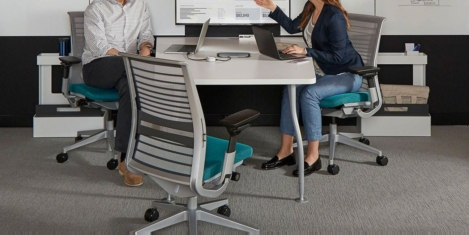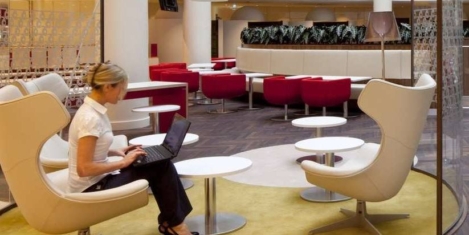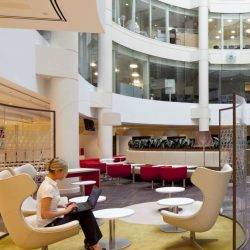April 24, 2017
Many workers believe AI and automation will increase employment and flexible working 0
 A new study from Adecco suggests that a large number of employees have a generally positive attitude towards technology in the workplace with many seeing it as increasing employment opportunities and nearly half believing that the advent of artificial intelligence and automation will enable a greater uptake in levels of flexible working. According to the Humans vs Robots report, two-thirds (65 percent) of employees believe that overall, technology has actually increased the number of jobs available to them, 54 percent believe that advances in technology will continue to create more jobs than it destroys over the next decade, 48 percent think AI will positively benefit them, by helping them to work more flexibly and a large majority of workers (87 percent) think that computers will make their role easier within the next ten years
A new study from Adecco suggests that a large number of employees have a generally positive attitude towards technology in the workplace with many seeing it as increasing employment opportunities and nearly half believing that the advent of artificial intelligence and automation will enable a greater uptake in levels of flexible working. According to the Humans vs Robots report, two-thirds (65 percent) of employees believe that overall, technology has actually increased the number of jobs available to them, 54 percent believe that advances in technology will continue to create more jobs than it destroys over the next decade, 48 percent think AI will positively benefit them, by helping them to work more flexibly and a large majority of workers (87 percent) think that computers will make their role easier within the next ten years






































